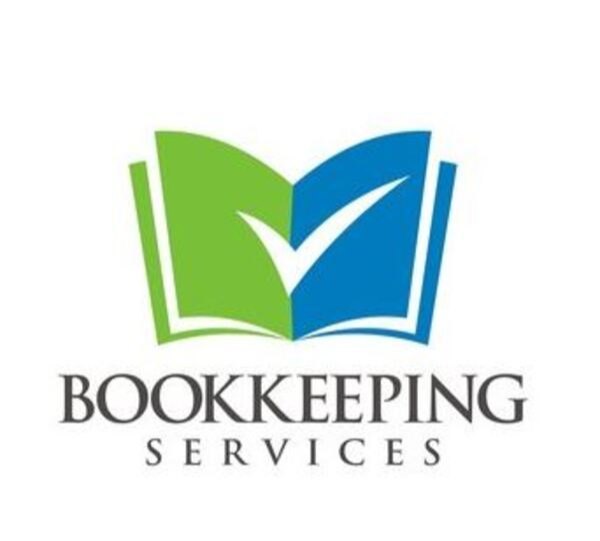Just like any business entity, a Contractual Service Provider must uphold precise and comprehensive financial records to guarantee effective financial management, adherence to regulations, and informed decision-making. The key financial transactions that a Contractual Service Provider should record include:
1.Revenue Transactions:
Recording revenue generated from providing services to clients or customers.
Maintaining invoices and receipts for services rendered.
Tracking accounts receivable to monitor outstanding payments.
2.Expense Transactions:
Documenting all expenses incurred in the course of providing services, such as office rent, utilities, supplies, and equipment costs.
Keeping track of salaries, wages, and benefits paid to employees or contractors.
Recording any travel or transportation expenses related to service delivery.
3.Payroll Transactions:
Keeping records of employee hours worked, wages, taxes, and any deductions.
Tracking and remitting payroll taxes to relevant government authorities.
Maintaining records of contractor payments, including any tax withholdings if applicable.
4.Supplier and Vendor Transactions:
Recording purchases of materials, supplies, or services needed for service provision.
Managing accounts payable by tracking and paying invoices to suppliers and vendors.
5.Bank and Financial Transactions:
Logging all bank deposits, withdrawals, and transfers to maintain an accurate cash flow record.
Reconciling bank statements with internal records to identify any discrepancies.
6.Tax Transactions:
Documenting all tax-related transactions, including income tax payments, sales tax collected, and any applicable tax deductions or credits.
Keeping records of any tax filings and corresponding documentation.
7.Client Transactions:
Keeping track of client contracts, agreements, and related documents.
Recording any adjustments, refunds, or credits given to clients.
To visit: https://www.mca.gov.in/
8.Asset Transactions:
Documenting the acquisition and disposal of assets, such as equipment, vehicles, or technology, used in service provision.
Depreciating assets over their useful lives for accurate financial reporting.
9.Loan and Debt Transactions:
Recording loan proceeds, repayments, and interest expenses if the business has borrowed funds.
Managing debt obligations and ensuring timely repayments.
10.Equity Transactions:
Recording any investments made by owners or shareholders.
Keeping track of changes in ownership or equity distribution.
11.Financial Reports:
Preparing regular financial statements, such as income statements, balance sheets, and cash flow statements, to assess the financial health of the business.
12.Budgeting and Forecasting:
Developing and maintaining budgets to plan for expenses, revenue targets, and profitability.
Updating forecasts based on actual performance and adjusting strategies accordingly.
Maintaining accurate and up-to-date financial records is crucial for the success and sustainability of a Contractual Service Provider. It not only helps in compliance with legal and regulatory requirements but also provides valuable insights for strategic decision-making and future growth.
For further details access our website: https://vibrantfinserv.com

